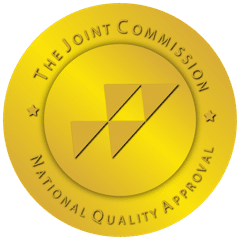Are you considering therapy for addiction? When you complete substance abuse therapy, your road to recovery isn’t over. The relapse rates for drug substance abusers are between 40 to 60%, according to the National Institute on Drug Abuse.
There is no cure for addiction, but you can learn life-coping techniques that can save your life. This is where individual therapy is crucial.
Counselors can teach healthy responses, uncover hidden trauma, and treat mental illnesses. The goal of therapy is to change your behavior, setting you on a healthy course for the rest of your life.
This article will explain the benefits of substance abuse therapy. Read further to know more.
Underlying Motivators
In many cases, people become addicts due to past trauma. For example, those who have fared through sexual abuse are prone to drug abuse.
In other cases, a person may have felt unloved or unwanted throughout their lives. Regardless, individual therapy will deal with your traumatic past head-on.
Through therapy, you’ll make connections between your tumultuous history and your current drug addiction. By dealing with the root cause of the trauma, you can break the shackles of addiction.
Additional Privacy
Individual therapy is more personal than group therapy. Many people are more likely to divulge intimate details that they otherwise wouldn’t express in a group therapy session. By exploring the darkest parts of your past, specialists can get to the root of your addiction.
Further, the specialist has more time to concentrate on your rehabilitation. With group therapy, more emphasis is placed on others. This isn’t to say that group therapy has no place during your treatment. Only an expert can recommend individual or group therapy. In many cases, they will suggest both.
Ethical Obligations
Therapists must preserve the privacy of their clients. They must do so not only because of ethical reasons but also due to state and federal laws.
For this reason, they won’t tell authorities what type of drugs you used, even if they’re illegal. As long as you’re not a threat to yourself or others, medical professionals won’t disclose sensitive information about you.
External Factors
As you open up to your therapist, you’ll learn about external factors that cause you to rely on drugs or alcohol. Triggers can come in different forms, such as:
- Peer Pressure: Perhaps you’re surrounded by friends or family members that use regularly
- Environmental Temptation: A certain location may trigger your addiction (i.e. a bar or restaurant)
- Situational Factors: Stress from family life or the workplace causes many people to seek solace in drugs or alcohol
You may also deal with several of these external variables at the same time. However, therapy can help you respond to stressful events without fear of relapse. Further, different therapy programs will give you the knowledge and tools to avoid external triggers.
Different Types of Substance Abuse Therapies
Depending on your condition, an expert will recommend a certain type of therapy. For example, there’s a special type of therapy for people suffering from multiple addictions. Another form of therapy encourages healthy thoughts and habits. The following forms of therapy may apply to you:
Rational Emotive Behavior Therapy
This type of therapy is about nurturing rational thought. It teaches you to make better decisions using internal logic. Addicts tend to make decisions based on external surroundings. By focusing on the inner self, you don’t have to seek outside factors to achieve happiness.
Contingency Management Therapy
Consider this therapy if you’re struggling with more than one addiction.
- Example: It’s a good option if you struggle with opioid and alcohol addiction.
This program also addresses the high probability of relapses and dropouts. The specialist will reinforce your commitment to sobriety. Also, the program offers rewards if you maintain your sobriety.
Cognitive Behavioral Therapy
CBT treats several addictions, and it centers around behavior adjustment. Overall, this program offers the following benefits:
- It will help you handle problematic situations
- It will help you develop coping skills, especially if you encounter stressful situations
- It will help you avoid temptations and prevent relapse
Moreover, CBT can be paired with other forms of therapy. Best of all, these skills will stick with you throughout your life, not just after therapy. It can also treat physical and mental health conditions as well.
Dialectical Behavioral Therapy
This therapy will help anyone dealing with a personality disorder. Above all, the doctor will treat the mental health condition. Then, patients can lower cravings and avoid a relapse. You’ll also highlight destructive motivators that may cause you to use. You’ll also pinpoint actions that trigger the urge to satisfy cravings.
Motivational Interviewing
Ask yourself the following question: Why do I want to enter substance abuse therapy? This program will help you answer that question and outline a course of action. By developing stronger motivations and core commitments, you’ll have more control over your treatment.
Seek Guidance From Experts
There are other individual therapy programs to choose from. Therefore, rely on a medical expert to know more. After an evaluation, they’ll tell you the best programs that will suit your needs.
Getting Therapy for Addiction
When it comes to therapy for addiction, the first step is seeking help. From there, counselors can recommend the best program.
Addiction therapy comes in many forms, ranging from mental health treatment programs to programs addressing multiple addictions. Overall, individual therapy is a more intimate experience that deals with underlying trauma.
Want to know the difference between inpatient and outpatient rehab? Click here to learn more.










